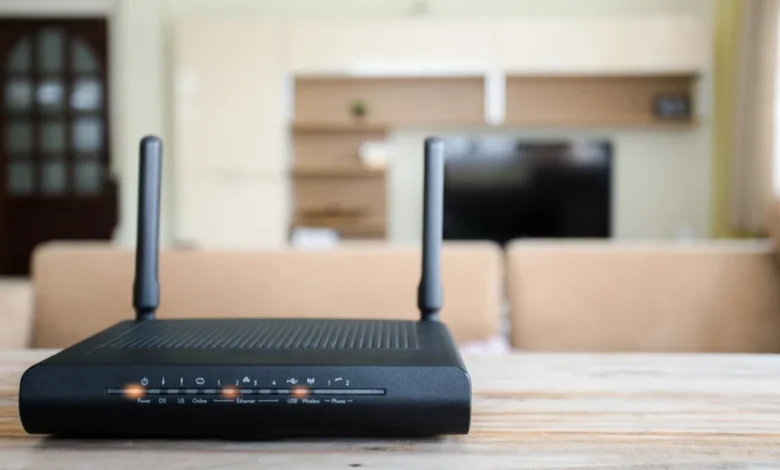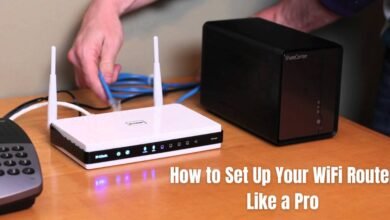What Is Better: Wireless Home Internet or Wired Home Internet in 2025?

Choosing the right type of internet connection for your home can significantly impact your daily activities, from work to entertainment. In 2025, both wireless and wired home internet solutions have advanced considerably, each with its unique benefits and drawbacks. This article will help you understand the key differences to make an informed decision based on your needs.
Wired Home Internet: The Traditional Powerhouse
Wired home internet includes connections like Fiber, DSL, and Cable. Here’s why it remains a popular choice in 2025:
Pros:
- Speed and Reliability: Fiber-optic connections, widely available in urban and suburban areas, offer speeds exceeding 10 Gbps with unmatched stability.
- Low Latency: Wired connections are perfect for online gaming, streaming 4K or 8K content, and video conferencing due to minimal latency issues.
- Security: A physical connection is inherently more secure, reducing the risk of hacking compared to wireless signals.
- Consistency: Unlike wireless options, wired internet is unaffected by environmental factors like weather or physical obstructions.
Cons:
- Installation Complexity: Setting up a wired connection often requires professional installation, especially for fiber, which might involve extensive groundwork.
- Limited Portability: Once installed, wired internet is fixed to a specific location, offering no mobility within or outside your home.
- Higher Initial Costs: The infrastructure cost, including cables and routers, can be higher compared to wireless setups.
Wireless Home Internet: The Modern Convenience
Wireless home internet encompasses connections like 5G, LTE, and satellite services. The advancements in wireless technology have made it a viable competitor to wired options in 2025.
Pros:
- Mobility: Wireless internet offers the flexibility to connect multiple devices anywhere in your home without the need for physical cables.
- Ease of Installation: Setting up wireless internet is quick and straightforward, often requiring just a compatible router or receiver.
- Accessibility: Wireless services like satellite and 5G extend connectivity to rural and remote areas where wired options may be unavailable.
- Affordability in Certain Cases: With many competitive wireless data plans available, it can be a cost-effective solution for light users.
Cons:
- Potential Interference: Wireless signals can be disrupted by walls, other electronic devices, or even weather conditions, leading to inconsistent performance.
- Latency Concerns: Satellite connections, while much improved, still face higher latency compared to fiber-optic wired internet.
- Data Caps: Many wireless providers impose data limits, making it less ideal for heavy users such as streamers or gamers.
- Security Risks: Wireless signals are more vulnerable to hacking, requiring users to employ robust encryption and security measures.
Factors to Consider When Choosing:
When deciding between wireless and wired internet, consider the following factors:
- Usage Needs: If you prioritize speed, reliability, and data-heavy activities, wired internet is a better option. For casual browsing and portability, wireless internet suffices.
- Location: Urban areas typically have better wired infrastructure, while wireless internet can be a lifesaver in remote locations.
- Budget: Assess the long-term costs, including installation, monthly fees, and equipment, to determine the most economical option for you.
- Future-Proofing: With innovations like Wi-Fi 7 and improved satellite technology on the horizon, both types of internet continue to evolve. Choose an option that can adapt to emerging trends.
The Verdict:
Neither wireless nor wired internet is universally better—the choice ultimately depends on your specific needs and circumstances. For a family with high data consumption and gaming needs, wired internet provides unparalleled performance. However, if you’re frequently on the move or living in an area with limited wired infrastructure, wireless internet offers convenience and accessibility.
By understanding the pros and cons of each option, you can select the internet solution that aligns with your lifestyle, ensuring a seamless online experience in 2025 and beyond.




